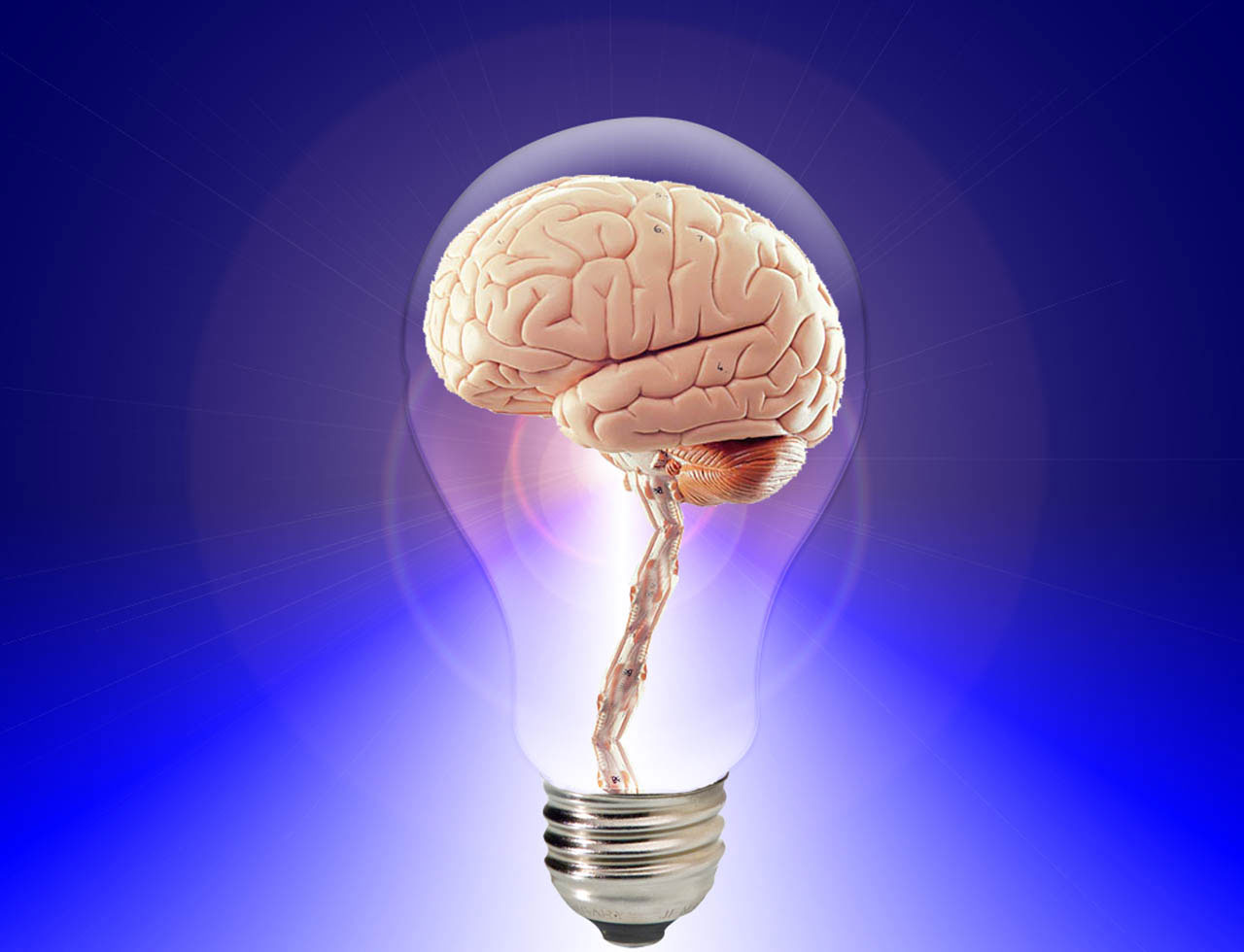 From John Horgan:
From John Horgan:
In The End of Science I asserted that scientists are running into cognitive and physical limits and will never solve the deepest mysteries of nature, notably why there is something rather than nothing. I predicted that if we create super-intelligent machines, they too will be baffled by the enigma of their own existence.
In Switzerland I suggested that the riddle of consciousness is a synecdoche for the riddle of humanity. What are we, really? For most of our history, religion has given us the answer. We are immortal souls, children of a loving god, striving to reach heaven or nirvana. Most modern scientists reject these religious explanations, but they cannot agree on an alternative. They have proposed a bewildering variety of answers to the question of what we really are. We are clusters of neurons awash in chemicals, genes shaped by natural selection, egos keeping a lid on ids, software programs, nodes of information in a cosmic web, quantum wave functions. More.

Consciousness studies is likely destined to remain a circus of grand, assertive theories, of the sort that the vocabulary of science can so easily generate. A susceptible audience is given the impression of great discoveries. By the time we grow restless, bang! a new act pushed the old one out of the ring.
See also: At Quartz: Materialists are converting to panpsychism
What great physicists have said about immateriality and consciousness
and
Post-modern science: The illusion of consciousness sees through itself